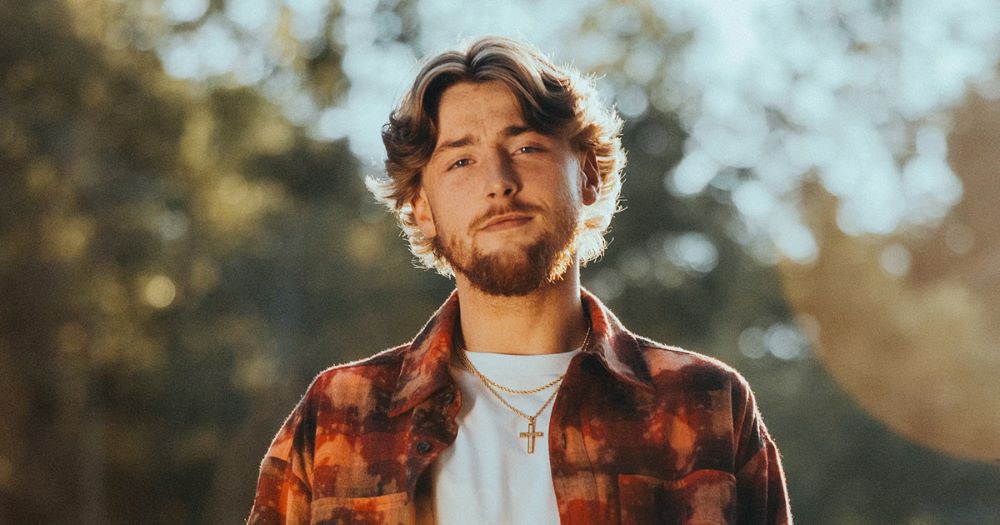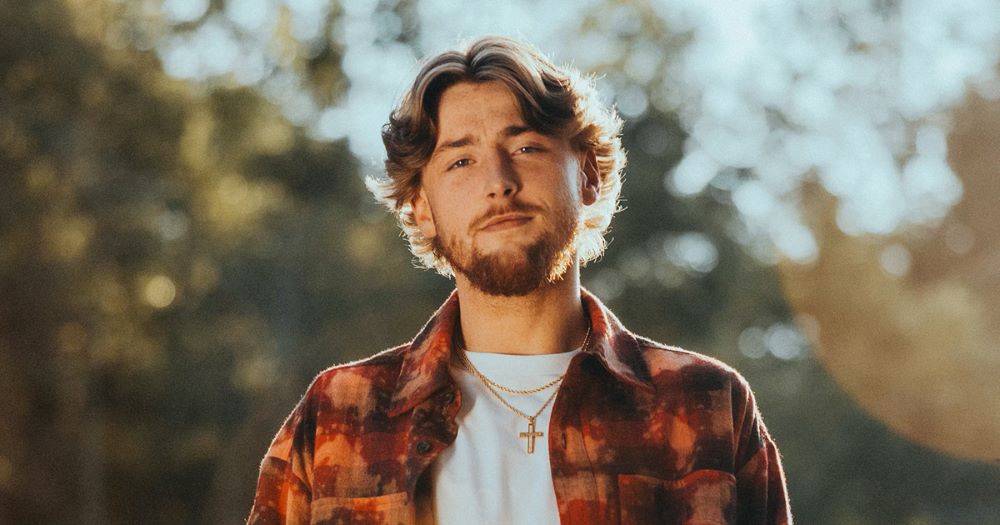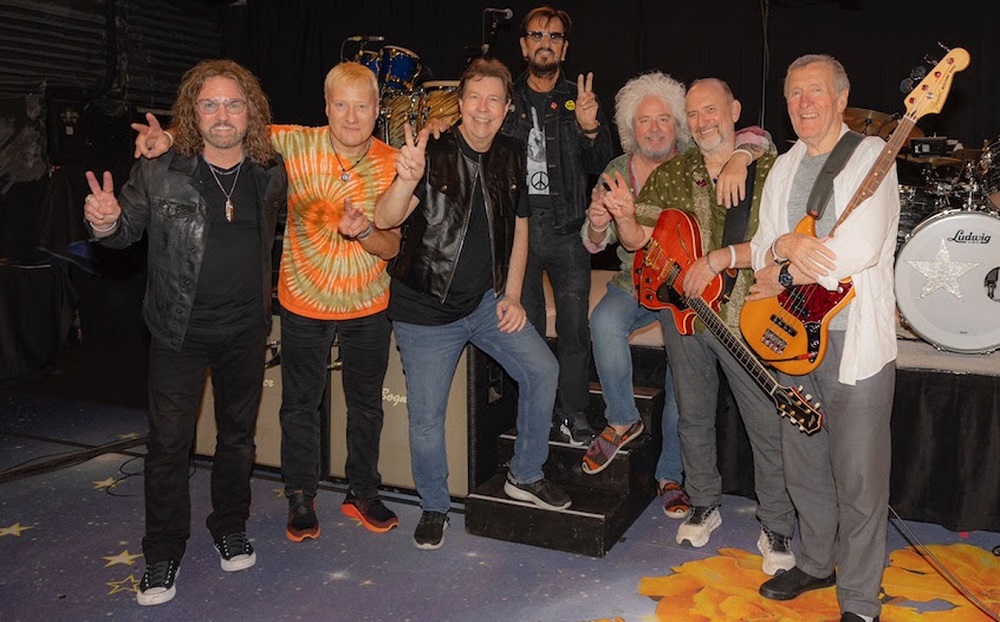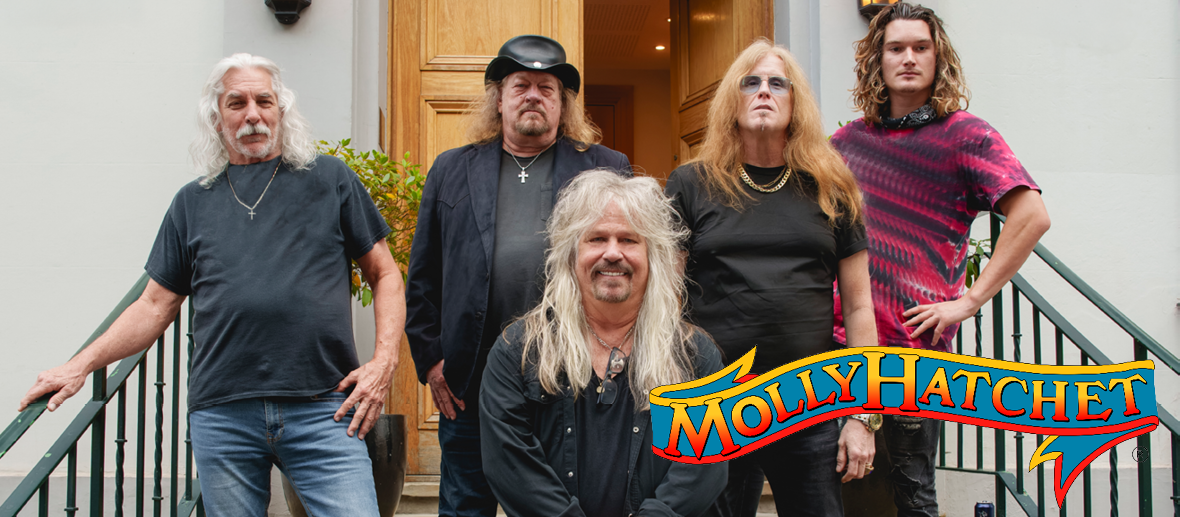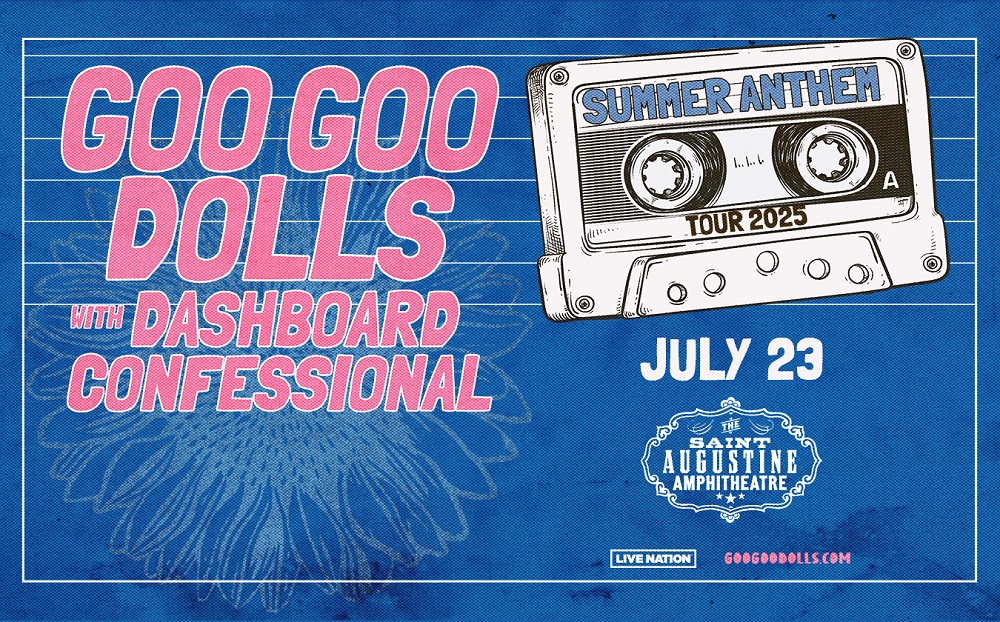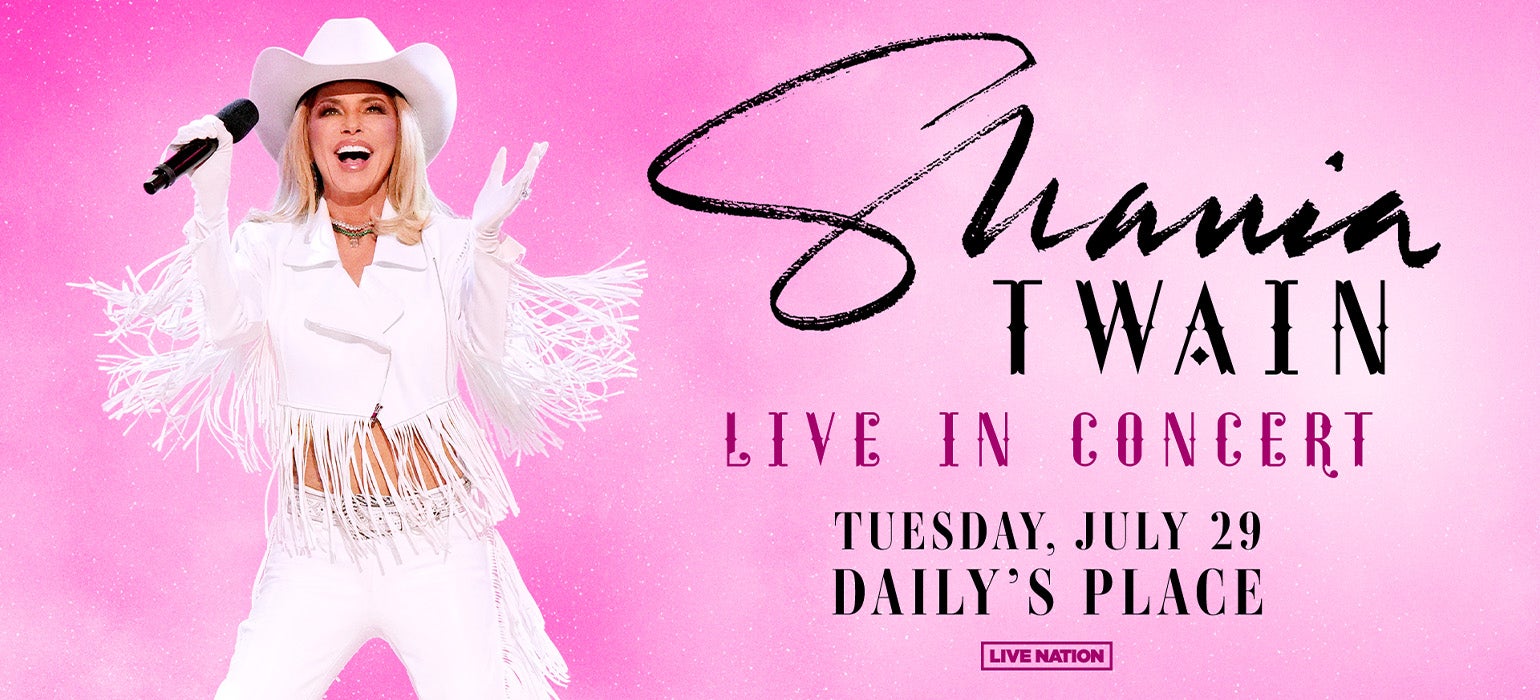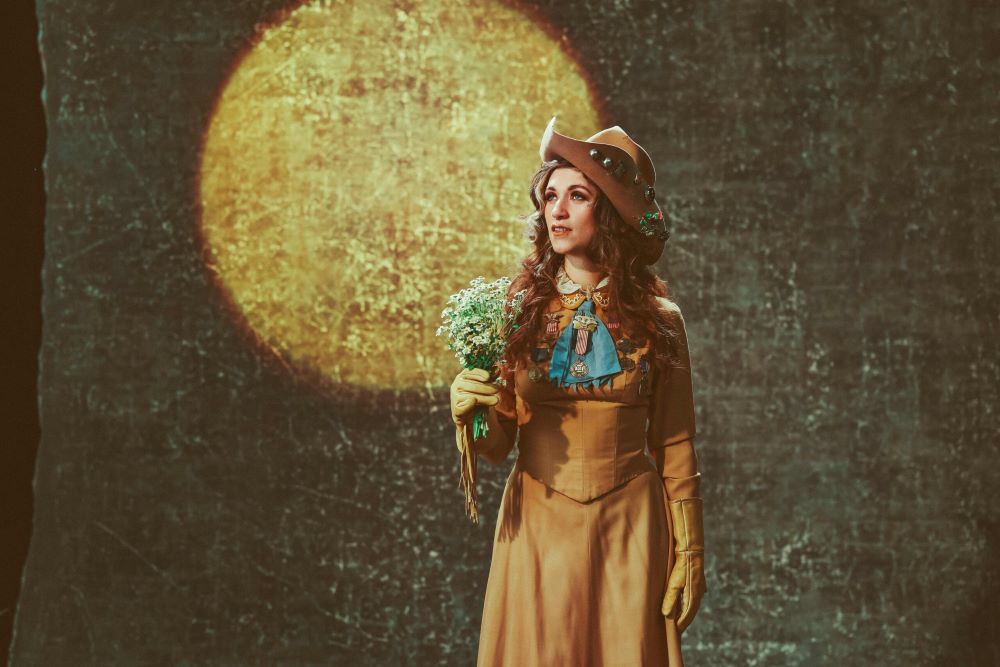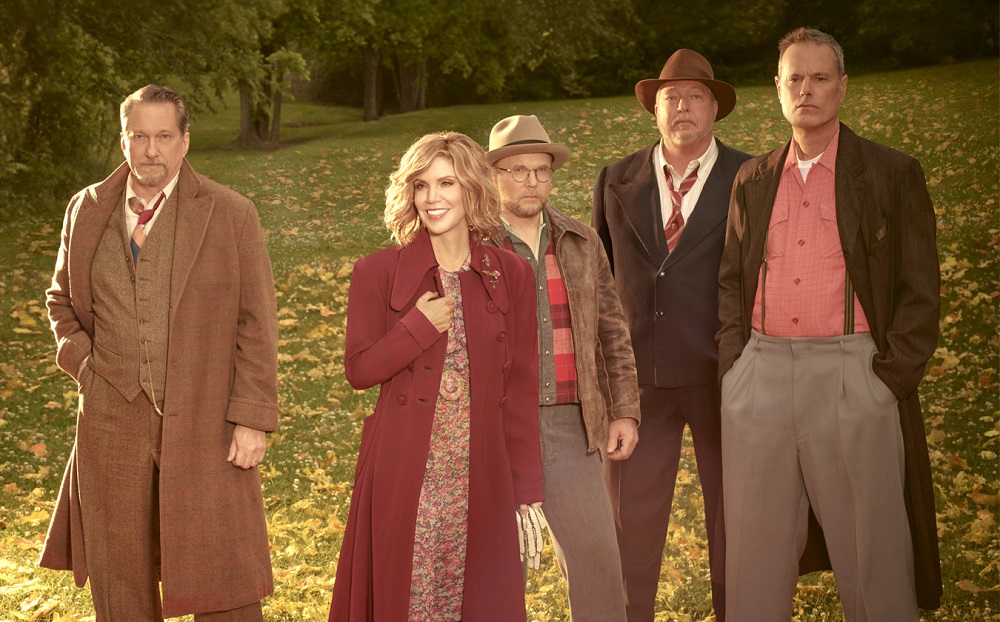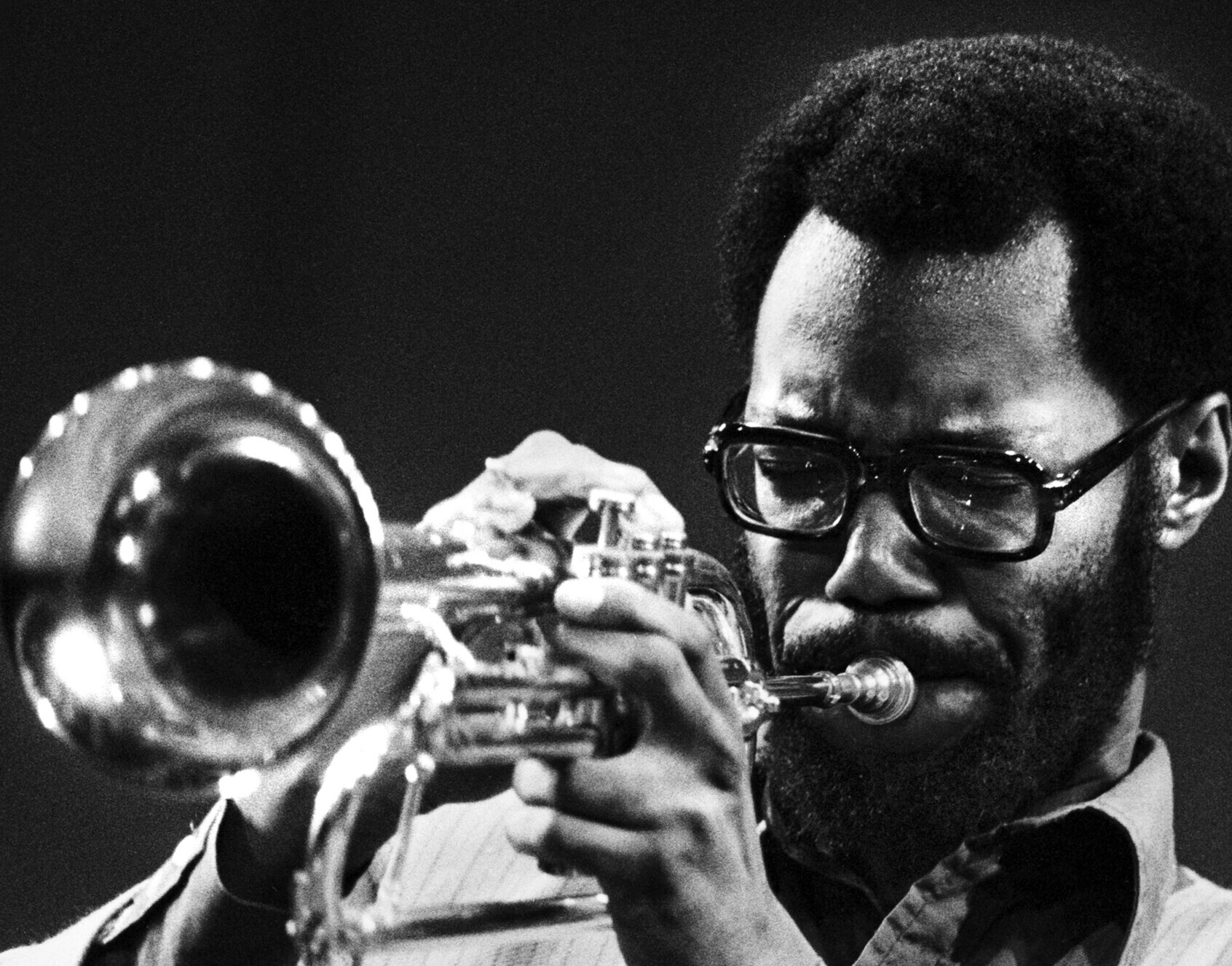
A recently unearthed live recording from March, 1973 by trumpeter Charles Tolliver is a potent time capsule that sheds light on a subtle shift in jazz that is arguably overlooked. Available as a limited release double-LP, CD or download edition and clocking in at just under 90 minutes, Live at the Captain’s Cabin (Reel to Real) features seven Tolliver originals that serve as both a captivating listening experience and a document of a scene that was arguably overlooked (even overwhelmed) by the burgeoning jazz-fusion movement. The release includes a deluxe booklet with photos from the era, essays, and an exclusive interview with Tolliver.
Tolliver was born in Jacksonville on March 6, 1942. When he was eight years old, Tolliver’s grandmother Lela gifted him with a cornet. Tolliver moved with his family to New York City at the age of 10 and eventually attended Howard University as a pharmacy major. Entirely self-taught, Tolliver appeared on two 1964 Blue Note sessions led by alto saxophonist Jackie Mclean: It’s Time and Action Action Action.
Tolliver seemed to arrive on the jazz scene fully formed. An inherently advanced player, his skills were noticed by jazz elders. In 1966-1967 alone, Tolliver played with both trumpeter Gerald Wilson’s Orchestra and as a member of drummer-activist Max Roach’s group. From the gate, it was evident that Tolliver could travel the path from his heart to his horn with finesse: rapid-fire lines articulated like a sharp bebop mind, a dynamic tone as comfortable with the blues as he was more-complex harmonies, and a kind of evenness in combining his technical proficiency with an ever-growing body of compositional work.
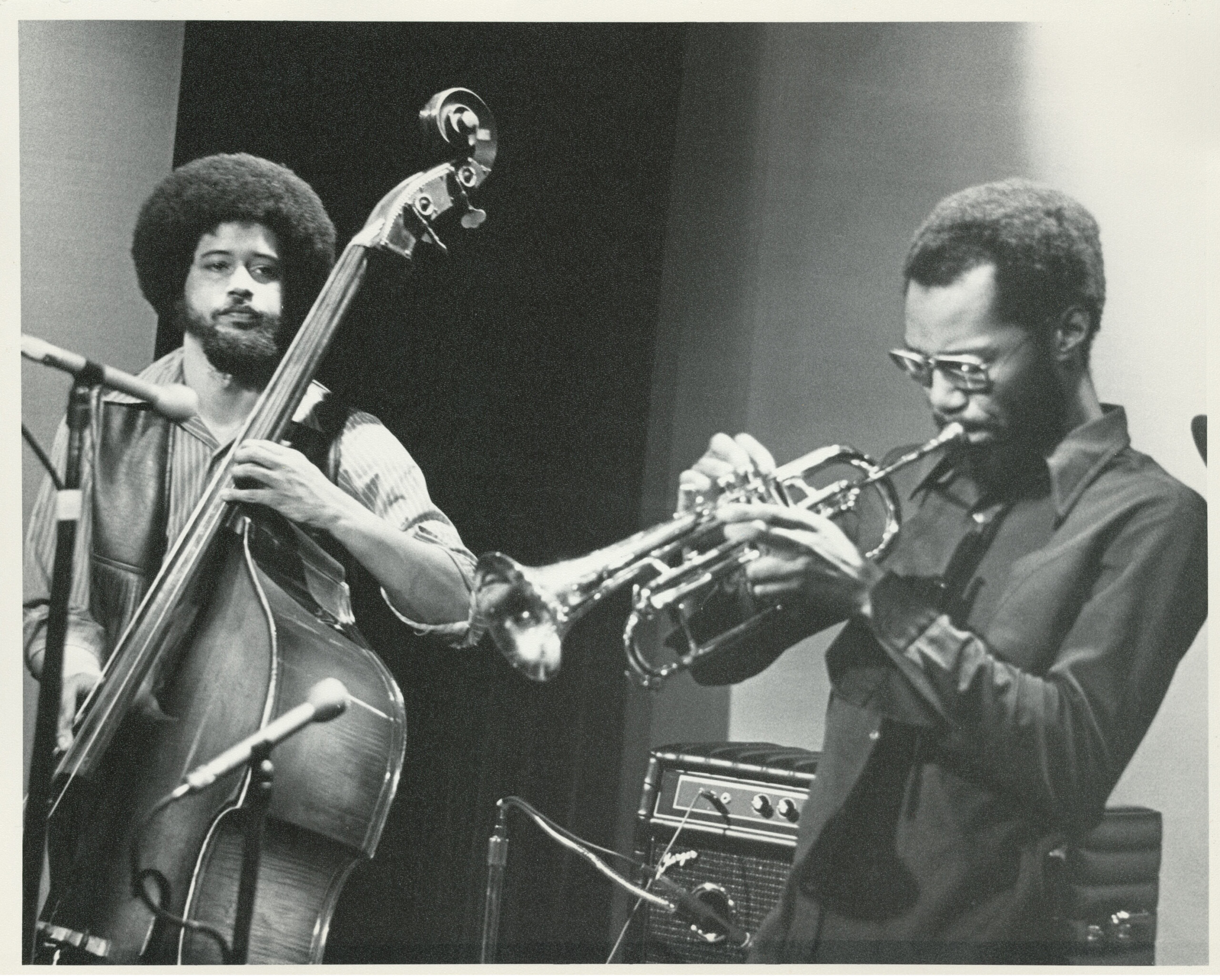
Tolliver was on the frontline of a cadre of post-bop players who explored a worthy mix of improvisation and compositional radicalism. In 1968, Tolliver formed Music Inc., his quartet featuring pianist Stanley Cowell, bassist Cecil McBee, and drummer Jimmy Hopps. The Tolliver-led albums The Ringer and Live at Slugs’ (both 1970) are key documents of musicians reconfiguring hard bop and avant-garde jazz to the point of ecstatic combustion. In 1971, Tolliver and pianist Stanley Cowell co-founded the label Strata-East. Over the course of that decade, the label would issue more than 50 albums. The imprint seemed to focus on like-minded players, younger musicians primed by hard bop and modal playing, guided by beacons like John Coltrane and Albert Ayler, yet also comfortable playing within compositional and thematic structures.
Strata-East released some stone jewels, including Izipho Zam (My Gifts) by saxophonist Pharoah Sanders and Capra Black from saxophonist Billy Payne (both 1973), bassist Cecil McBee’s Mutima (1974), and that same year’s Earth Blossom (1974), led by drummer and Northeast Florida native John Betsch. The sound and nameless-albeit-cohesive vibe of Strata-East and the participating players was a confident expression of Black radicalism and higher-aiming sensibility. The label and many of the primary artists eventually became qualified as “spiritual jazz” or “afro-jazz.” Interchangeable in many ways, but both labels being emblematic of a DIY movement helmed by artists navigating a music industry—one that could include blunt discriminatory gatekeeping in promoting and marketing music from Black jazz artists. In a more nuanced level of influence and legacy, the playing and production or Strata-East albums are longtime favorites of deep-cut vinyl hounds and ripe with sample-ready beats and breaks.
Live at the Captain’s Cabin was Recorded live at a 100-capacity venue in Edmonton, Alberta, Canada during a West Coast tour. The pervading sensibility of the seven tracks is a type of contemplative forward motion. Over the course of the album, Tolliver and this iteration of Music Inc.— pianist John Hicks, bassist Clint Houston and drummer Cliff Barbaro—favor utilizing motifs of the featured standards and originals as a nebulous framework to explore, expand and rebuild the songs on the bandstand.
Album opener “Black Vibration” prepares the listener for what is to follow. Jettisoning in with a manic, unison riff that has the kind of angular and diminished-altered quality that Tolliver’s former mentor McLean favored, over the course of the tune’s 13 minutes, the trumpet prods, pushes and taunts the rhythm section to keep the pace. They respond in kind, with the song also becoming a micro-showcase for the musicians to take solos that push the tune into closure. Originally a Charlie Parker workhouse, the Neal Hefti composition “Repetition” is another high-velocity affair, with propulsive changes; Tolliver shotguns the theme with descending and ascending lines, pianist Hicks garnering MVP for playing a remarkably glassy swirl of jabbing intervals and lines as bassist Houston and drummer Barbaro shadow him with a brutal walking groove, bebop fury in excelsis, with Tolliver rejoining the fray with a rapid-fire staccato solo.
The band goes hard in the paint on the rightfully titled track, “Impact.” Hammering through a minor-key theme that pivots back to a dissonant, whole-tone-style anchoring turn, for nearly seven minutes of odd-meter time shifts, “Impact” is dazzling stuff. The languid piece “Truth” is the album’s ballad, underpinned by Hicks’ celeste-like chords, Houston evoking Scott LaFaro with impressionistic counterpoint, as Tolliver breathes out muted, hushed sustained tones.
Penned in honor of his younger brother, “Earl’s World” originally appeared as the opening track on Tolliver’s 1971 Polydor release, Charles Tolliver and His All-Stars. On Live at the Captain’s Cabin, the song is rendered in a blistering, modal-as-radicalism attack. Houston and Barbaro push the song’s circular and looping melody with no brakes, Hicks punching against the rhythmic tide, Tolliver making jabbing comments over the fray.
“Stretch” adds to the long-form aspect of the album, generously showcasing Hicks’ fluid bass style that kicks the band into a descending, chromatic-blues swing number. “Compassion,” with its spatial chords and lush swing energy, evokes the mid-‘60s Blue Note sound that Tolliver helped co-create.
As a counterpoint to Live at Captain’ s Cabin, also in 1973 Tolliver released the double LP release on Strata-East, Live at the Loosdrecht Jazz Festival. Recorded on August 9, 1972, the band featured Hicks on piano, bassist Reggie Workman and drummer Alvin Queen. The quartet performs “Repetition” and “Truth,” prominent songs from the Cabin concert taped less than a year later. But the Loosdrecht versions have an earthier, burnished feel. The presence of Workman – who, like Tolliver a highly versatile player and musician who was a vital presence on transitional early ‘60s John Coltrane recordings – adds a more avant-leaning flavor to the entire performance. The pivot and guiding light to both live recordings is Tolliver. His malleability as a leader and co-creator of the improvisations is evident when comparing the two releases.
Through much of the 20th century, Tolliver played with some of the most influential musicians in jazz. Along with his aforementioned tenure with players like McLean and Roach, Tolliver also performed with Art Blakey, Booker Ervin, Gary Bartz, Herbie Hancock, Roy Haynes, Andrew Hill, Hank Mobley, Oliver Nelson, Sonny Rollins, Horace Silver and McCoy Tyner.

After a decades-long recording hiatus, in the mid-2000s Tolliver returned with two big band albums, both featuring Strata-East cofounder and longtime cohort, pianist Stanley Cowell: With Love (Blue Note) (2006), which was nominated for a Grammy Award, and 2009’s Emperor March: Live at the Blue Note (Half Note). In 2007, the Jazz Journalists Association presented Tolliver with the Best Large Ensemble of the Year Award and in 2019 the Mid Atlantic Arts honored Tolliver with their Living Legacy Award. In 2020, Tolliver returned to the spotlight with his album Connect (Gearbox), which was praised by both The New York Times and DownBeat for its compositional strengths and, like all of Tolliver’s work, soulful delivery. And in November 2024, Tolliver performed in London at the Barbican, celebrating what would have been his mentor Max Roach’s 100th birthday.
Jazz fans can only hope that the 82-year-old Tolliver continues onward with this creative winning streak. Until then, Live at the Captain’s Cabin remains an estimable entry point to hear the music of a Tolliver, a musician who has considered himself to be a “traditionalist,” yet seems bound just to his own singular and venerable vision and mercurial skills.
Live at the Captain’s Cabin is available for purchase here and is streaming on all major platforms.

Mr. Al Pete and Notsucal Release Their Latest Collab, ‘G4.5’

Dinner Party, Tom Misch and More from the Neighborhood with Mr. Al Pete

An Ultra-Chill Playlist from the Latest Episode of Electro Lounge

Sing Out Loud Festival Returns With Hozier, Beabadoobee, Father John Misty, Vance Joy and More

Chicago Alt-Country Faves Wilco Return to St. Augustine with Indie-Folk Great Waxahatchee

Looking for an Alternative to Spotify? Consider Hopping on the band(camp) Wagon

Khruangbin to Bring ‘A LA SALA’ Tour to St. Augustine in April

Perfume Genius, Flipturn, Tamino + Mitski and 6 New Songs to Stream

Song of the Day | “all tied up” by Glixen




